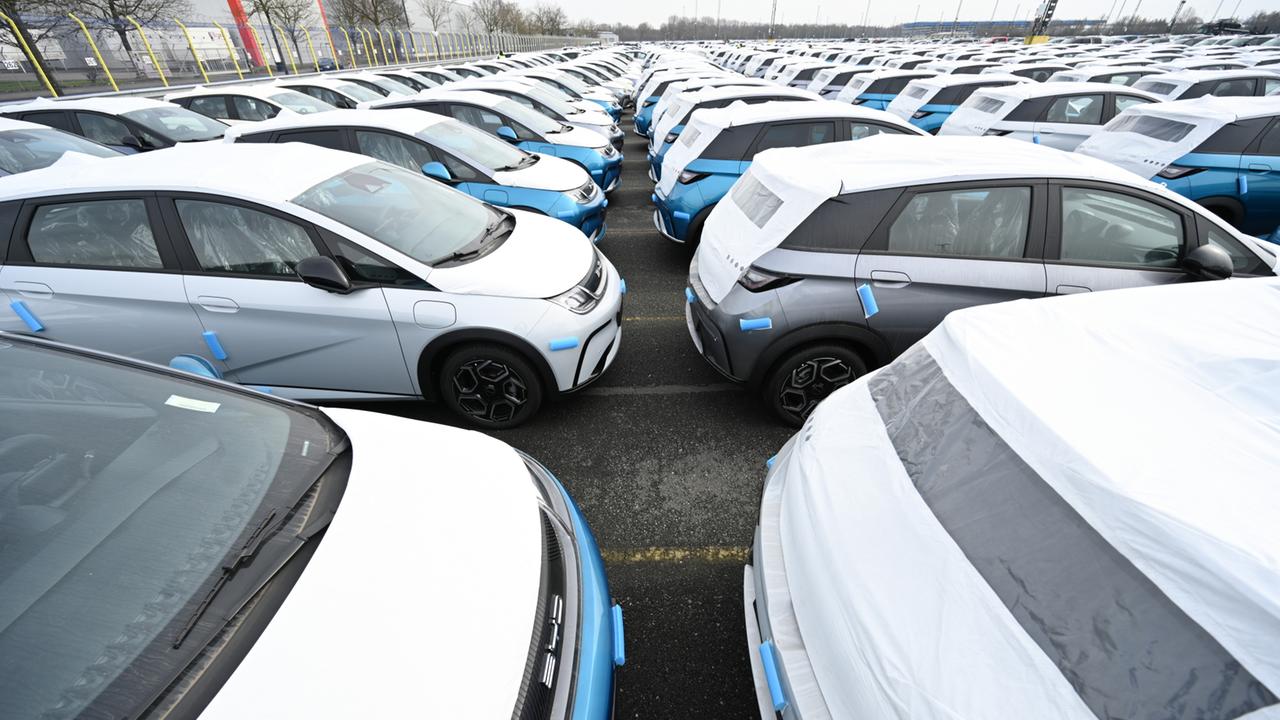The EU states are voting today on punitive tariffs on Chinese electric cars. Germany will vote against it – probably on the explicit instructions of Chancellor Scholz.
The federal government will vote in Brussels against EU punitive tariffs on Chinese electric cars – on the explicit instructions of Chancellor Olaf Scholz. In this case, he made use of his directive authority. This is reported by several news agencies, citing coalition circles.
In the cabinet, Economics Minister Robert Habeck and Foreign Minister Annalena Baerbock (both Greens) spoke out against a no. FDP leader Christian Lindner advocated for this. In an earlier vote in Brussels, Germany abstained due to disagreements in the traffic light coalition.
Habeck: “We support the decision”
After the Chancellor's decision became known, Economics Minister Habeck announced that his department supported the decision. “We would have thought a different approach than 'no' would be better,” said the Ministry of Economic Affairs in the evening. “This is not a question of faith, but rather a political tactic about how Europe can best negotiate.” The aim must be a negotiated solution that protects the interests of Germany and the EU.
Habeck, who recently held talks at VW, for example, had previously spoken out in favor of Germany abstaining, but emphasized that a solution without EU punitive tariffs would be the better solution if China gave in. The German auto industry had also campaigned for rejection and warned of a global trade conflict.
Punitive tariffs will probably come anyway
The EU Commission, in turn, accuses China of heavily subsidizing the entire value chain for electric cars and thus distorting the market. Chinese electric cars are around 20 percent cheaper than models manufactured in the EU. The authority therefore wants to introduce additional tariffs, which in some cases are expected to be more than 35 percent.
The decision could be overturned by the 27 member states in today's vote – but it doesn't look like that despite Germany's no vote. According to insiders, France, Italy, Poland and Greece want to vote for the taxes with a combined 39 percent of the population. A qualified majority requires at least 15 countries, which together make up 65 percent of the EU population.
Thomas Spickhofen, ARD Brussels, tagesschau, October 3rd, 2024 9:24 p.m




